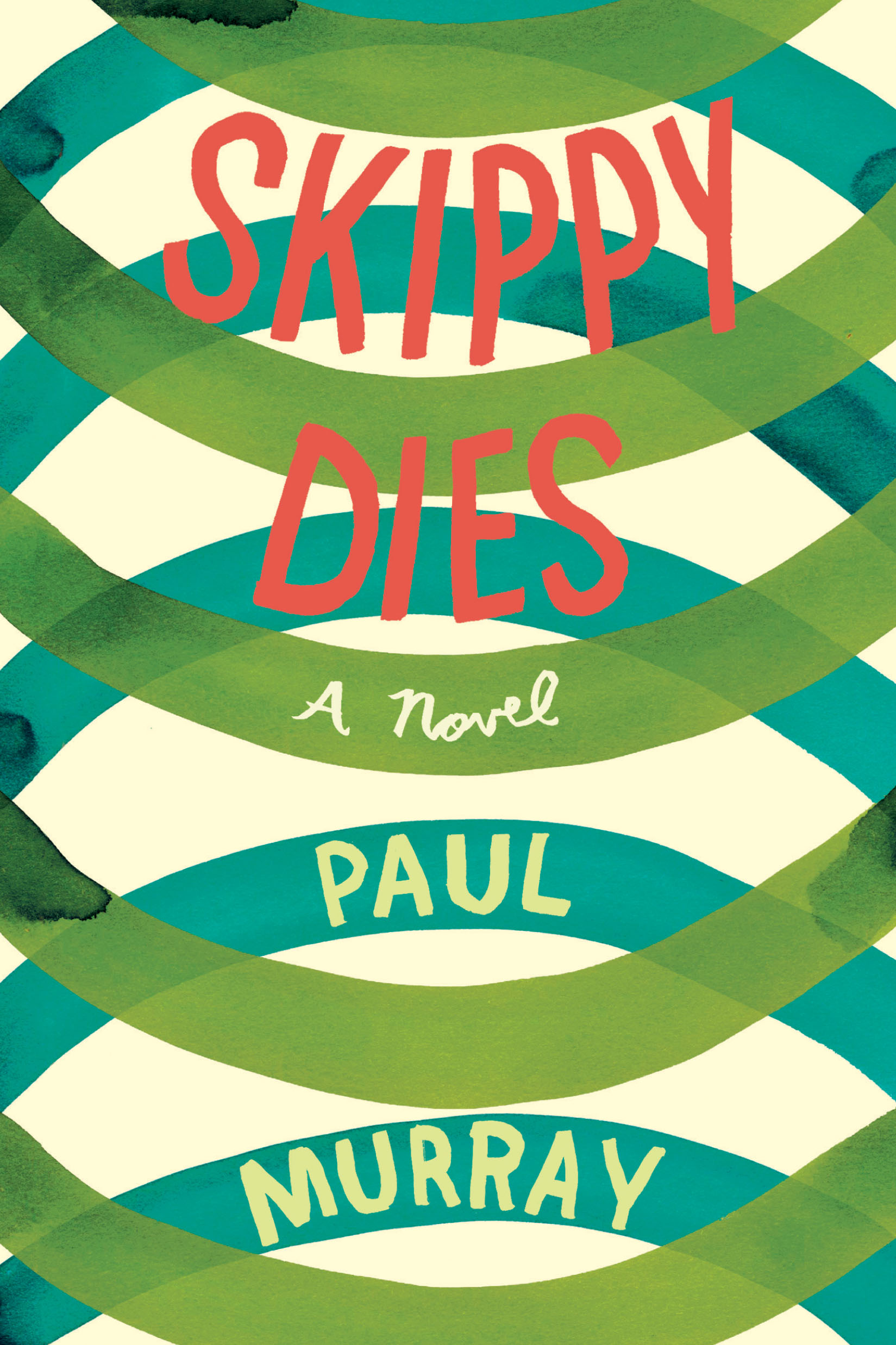 Each day leading up to the March 10 announcement of the 2010 NBCC award winners, Critical Mass highlights one of the thirty-one finalists (to read other entries in the series, click here). Today, NBCC board member Laurie Muchnick discusses fiction finalist Paul Murray's Skippy Dies (Faber & Faber).
Each day leading up to the March 10 announcement of the 2010 NBCC award winners, Critical Mass highlights one of the thirty-one finalists (to read other entries in the series, click here). Today, NBCC board member Laurie Muchnick discusses fiction finalist Paul Murray's Skippy Dies (Faber & Faber).
In this age of the ubiquitous spoiler alert, it’s an audacious move to call a novel Skippy Dies. Isn’t the author giving away the ending? But Paul Murray takes his audacity one step further and kills off his main character in the very first scene of this ever-surprising novel.
“Skippy and Ruprecht are having a doughnut-eating race one evening when Skippy turns purple and falls off his chair”: The opening line is an instant classic.
Daniel “Skippy” Juster––nicknamed for his unfortunate resemblance to a kangaroo––is a student at Seabrook College, an all-boys Dublin boarding school. After the book’s stark opening, Murray circles back to show us Skippy’s last months with his best friend, Ruprecht, a genius who’s obsessed with string theory, and their other hopped-up-on-hormones pals. Skippy lazes through class and tries to get out of swim team practice, devoting himself to learning the name of and perhaps even meeting the frisbee-playing girl he’s become obsessed with watching out his window.
Murray’s verbal pyrotechnics perfectly capture the jagged energy of teenage boys idling their engines in the age-old setting of prep school while the modern world rages around them:
“In Our Lady’s Hall, hormonal surges have made giants and midgets of the crowd. The tang of adolescence, impervious to deodorant or opened windows, hangs heavy, and the air tintinnabulates with bleeps, chimes and trebly shards of music as two hundred mobile phones, banned during the school day, are switched back on with the urgency of divers reconnecting to their oxygen supply.”
But it isn’t only the boys who get the Murray treatment. The teachers include Howard “the Coward” Fallon, a Seabrook alum who comes back to teach after a humiliating failure working in finance; and Gregory “the Automator” Costigian, who would do anything––really, pretty much anything––to turn his stint as acting headmaster into a permanent post. The French teacher is a priest named Father Green, whom the boys rather brilliantly call Pere Vert.
Skippy dies again two-thirds of the way through the book, and the last section shows his friends trying to get in touch with him through a combination of science and faith, while adults and kids all try to figure out what happened. This section builds on the brilliant opening, deepening it and opening it up in totally unexpected ways. So much for spoilers. Murray has created a unique combination of funny and serious, giddy and depressing, and wrapped it all in his extraordinary fizzy prose.
To read an excerpt from Skippy Dies, click here. To read an interview with Paul Murray by Miranda Popkey in the Paris Review, click here.


